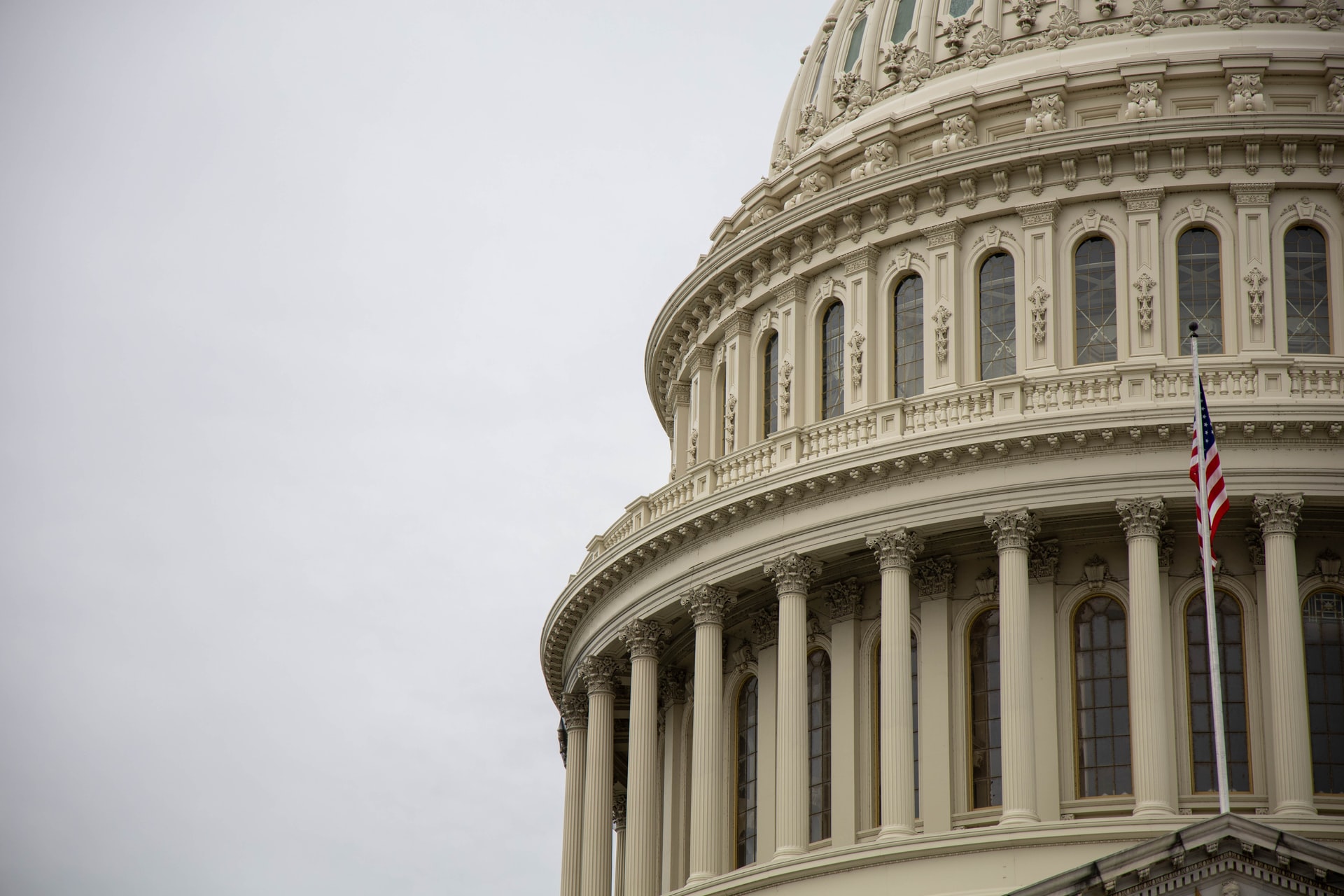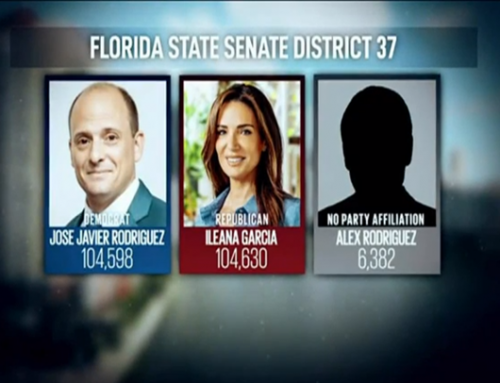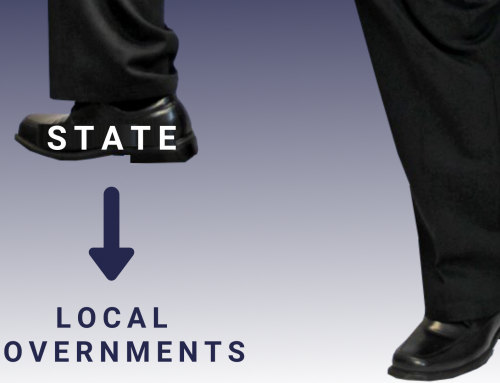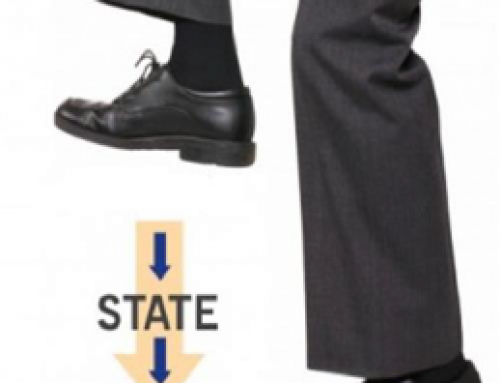August 2015
This is the third collaboration between the LeRoy Collins Institute and Integrity Florida on state-local ethics issues. The report provides preliminary analysis of the impact of a recently enacted state law increasing the contributions candidates for state office may accept directly and compares that to the impact of provisions in several counties and cities that reduced contributions to candidates for local office. The initial findings are that local restrictions reduce the amount of direct contributions while the state expansion increases these contributions. The report puts these findings in the broader campaign finance context in Florida and other states. It concludes with a list of some possible reforms to improve the balance and transparency of the campaign finance process in Florida. The report was written by Ben Wilcox and Dan Krassner from Integrity Florida. The authors would like to acknowledge the late Florida State University Professor Emeritus Dr. Elston Roady whose research into political campaign finance has been a resource and an inspiration.
In Florida, state and local policymakers have pursued different policy directions in their attempts to bring more accountability to how political campaigns are funded.
At the local level, several Florida counties and cities have passed stricter campaign finance policies than those in state statutes, often through widely supported ballot initiatives, that have reduced the amount of money donors are able to give directly to candidates for local office. At the state level a 2013 campaign finance law increased the contribution amounts candidates may accept directly.
We will examine the impact of the local and state changes in campaign finance on candidate spending in local and state legislative races, to the extent possible. In addition, we compare campaign limits in Florida with those of other states, outline the loopholes in the current Florida law and discuss problems of coordination and disclosure between candidates and committees in Florida. We conclude with some possible avenues of future reform.
An important caveat to this report is the fact that is it difficult to generalize from only one election since the 2013 law, and the size of the sample is small. There were relatively few candidates who ran for the same office before and after changes, and we were unable to control for competitiveness of the race (which would have further reduced the size of the sample). Therefore the results are not as robust as we had hoped. Nevertheless, we think that this initial work is important in raising important questions that can be answered as we have more data. We also think the comparison of state campaign limits with those in other states provides useful information in an area that is often confusing and often changes.
This report builds on two other collaborations between the LeRoy Collins Institute and Integrity Florida that analyzed state and local policy choices in ethics and campaign finance. Our 2012 report, Tough Choices: Florida Counties Bridge the Ethics Policy Gap, analyzed efforts made by Florida counties to deal with ethics policy including campaign financing. A second report in 2014, Tough Choices: Best Practices in Campaign Finance and Public Access to Information, looked at best practices in campaign finance and public access to information. We build on that work in this report, highlighting some initial impacts of recent campaign finance reforms and how our system compares to other states.
Four Florida cities (Fort Lauderdale, Gainesville, Sarasota and Tallahassee) and four Florida counties (Sarasota, Miami-Dade, Alachua and Leon) have passed policies to decrease contribution limits. In 2013, the state took a totally different approach: increasing the amount a donor could give to a candidate for statewide office, including candidates for governor, state cabinet positions and retention to the Florida Supreme Court, from $500 to $3,000.
Lawmakers argued that the increase in contribution amounts to candidates would improve accountability by having candidates directly raise and spend money on their own campaigns rather than relying so much on outside committees.2 The law also attempted to make the funding of state and local candidate and committee campaigns more transparent and easier for the public to track through more frequent disclosure reports of campaign contributions and expenditures. We looked at initial impact of local and state changes in campaign finance on candidate spending in races before and after the policy change. We also compared Florida limits to those in other states.
Key findings from this research are:
- In local races with lower contribution limits, candidates raised fewer campaign contributions.
- Candidates for County Commission and Florida House raised more campaign contributions with higher contribution limits. Florida Senate candidates raised less, even with higher contribution limits, likely as a result of less competitive elections.
- Florida campaign limits are below the national average for state elections. Florida allows more coordination between outside political committees and campaigns than most states but has improved its national standing for disclosure since passage of a 2013 campaign finance law.






